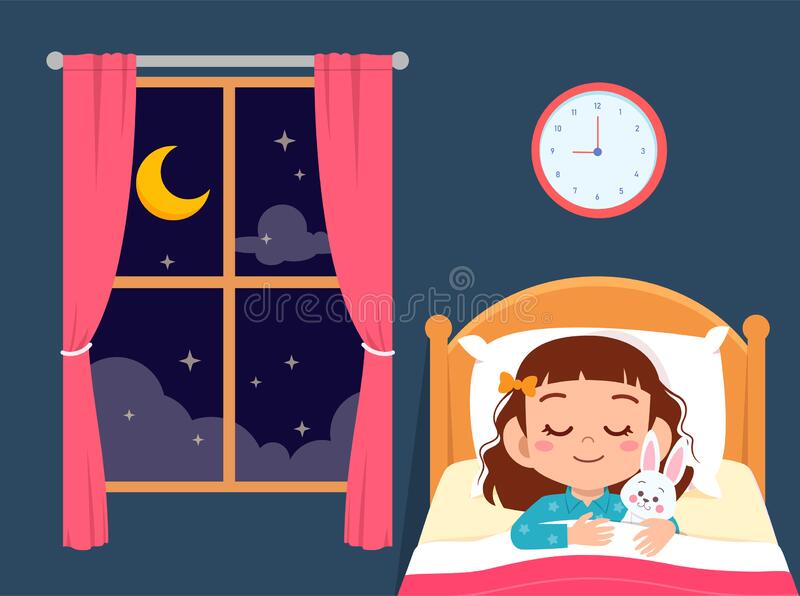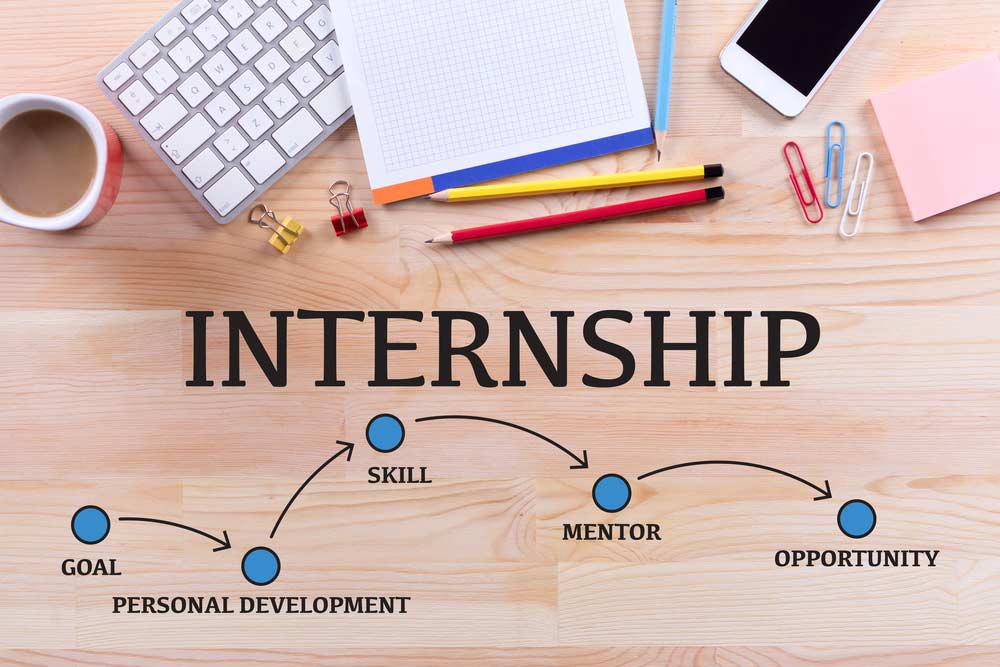Tips For Dealing With Mental Health: Sleep
April 7, 2021
This week’s mental health tip is another one easier said than done especially for college students. Not getting enough sleep has a huge impact on mental health, feeling run down and unmotivated after not getting the sleep our bodies need affects moodiness, productivity, and overall mental health. Getting enough sleep gives our bodies the time to prepare for the next day that it needs.
As college students, we all have a level of stress we each face every week, from time management with classes and schoolwork to outside factors with family and friends. Studies have shown the aftereffects of lack of sleep make coping with even minor stresses much harder. This being said using the time we need to sleep to cram for an exam causing stress in your life is only going to make things worse. Lack of sleep also has an effect on anxiety. Those with anxiety will experience worsened symptoms of anxiety, and those who don’t have anxiety tend to have an increase in anxiety and distress levels.
There are many ways to help yourself get into the habit of getting enough sleep. Limiting the amount you sleep/nap during the day to 20 to 30 minutes a day will help you feel rested if you experience daytime tiredness, but this won’t have an effect on your nighttime sleep. Avoiding caffeine too close to when you should be going to bed will make falling asleep much easier. Finally, turning off your electronics. By turning off the T.V. and your phone it will be easier to relax and fall asleep.











